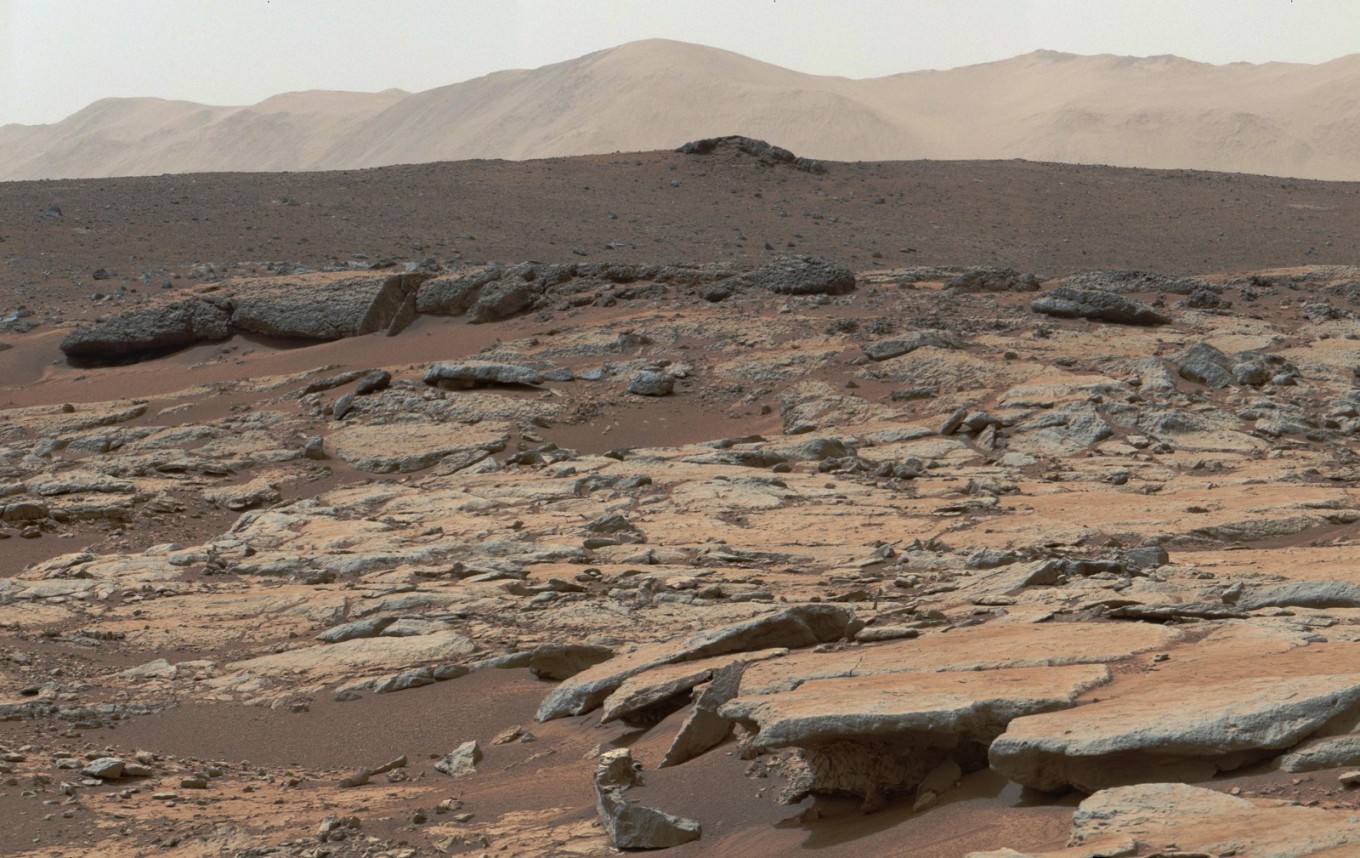How can we detect if a planet or moon has the potential to harbour life? A new expertise network funded with 690 kEuro by the Netherlands Space Office will allow a consortium of Dutch researchers to find out during the next five years. The involvement of various research groups illustrates the broad, interdisciplinary nature of this challenge.
In planetary science ‘habitability’ is a key focus area for future missions to rocky bodies and icy moons. However, it is not yet sufficiently clear which features unequivocally inform us about habitable conditions. The funded expertise network will bring together expertise and facilities in the Netherlands to develop new concepts and research strategies to recognize habitability on the basis of interior characteristics, landforms and the surface composition of rocky planets and icy moons. In this way, the network can prepare for data use from future missions, contribute internationally to the design and use of new instruments, and build bridges to exoplanetary research.
From sand pit to science network
At the initiative of the Netherlands Platform for Planetary Science (NPP) a survey was set up and several sand pit sessions were organised with over 40 researchers to create the framework of the network. The consortium formulated three main themes: planetary interiors, with Ganymede as a case study; surface morphology, focussing on landforms and using Mars as a case study; and surface composition, comparing analogues of early-life habitats at Earth’s surfaces with those on Mars and icy moons. In doing so, the network will explore habitability ‘from orbit to outcrop’, through a combination of approaches rooted in three planetary science fields in which the Netherlands has demonstrable strengths. PI of the network Prof. Wim van Westrenen (VU Amsterdam) is clear about the ambitions of the expertise network: “In the future, we want an instrument with a Dutch principle investigator on a scientific space mission in the solar system“.

Graphical summary of the proposed expertise network on planetary science, highlighting the three focus areas of the projects on which various partners will collaborate.
National collaboration
The network is coordinated by three PI’s, which included PI Prof. Wim van Westrenen (VU Amsterdam), co-PI Prof. Inge Loes ten Kate (Utrecht University) and co-PI Dr. Sebastiaan de Vet (TU Delft, chair of the NPP). The three projects will be carried out by postdocs and one of these will be hosted at the Planetary Exploration group in Delft, supervised by co-I Dr. ir. Wouter van der Wal. The other two postdoctoral postions will be hosted and led by co-I Dr. Tjalling de Haas (UU) and co-I Dr. Frank van Ruitenbeek (UTwente).
About the Expertise Programme
End-2022 the Netherlands Space Office (NSO) launched a call for an expertise network on the theme ‘planetary science’. The Expertise Networks programme (KNW) is aimed at strengthening the international position of the Netherlands in the field of development and use of space instruments through expertise networks. This scheme falls under the PIPP programme and it is jointly implemented by the Netherlands Space Office (NSO) and the Dutch Research Council (NWO), on behalf of the Ministry of Education, Culture and Science.

